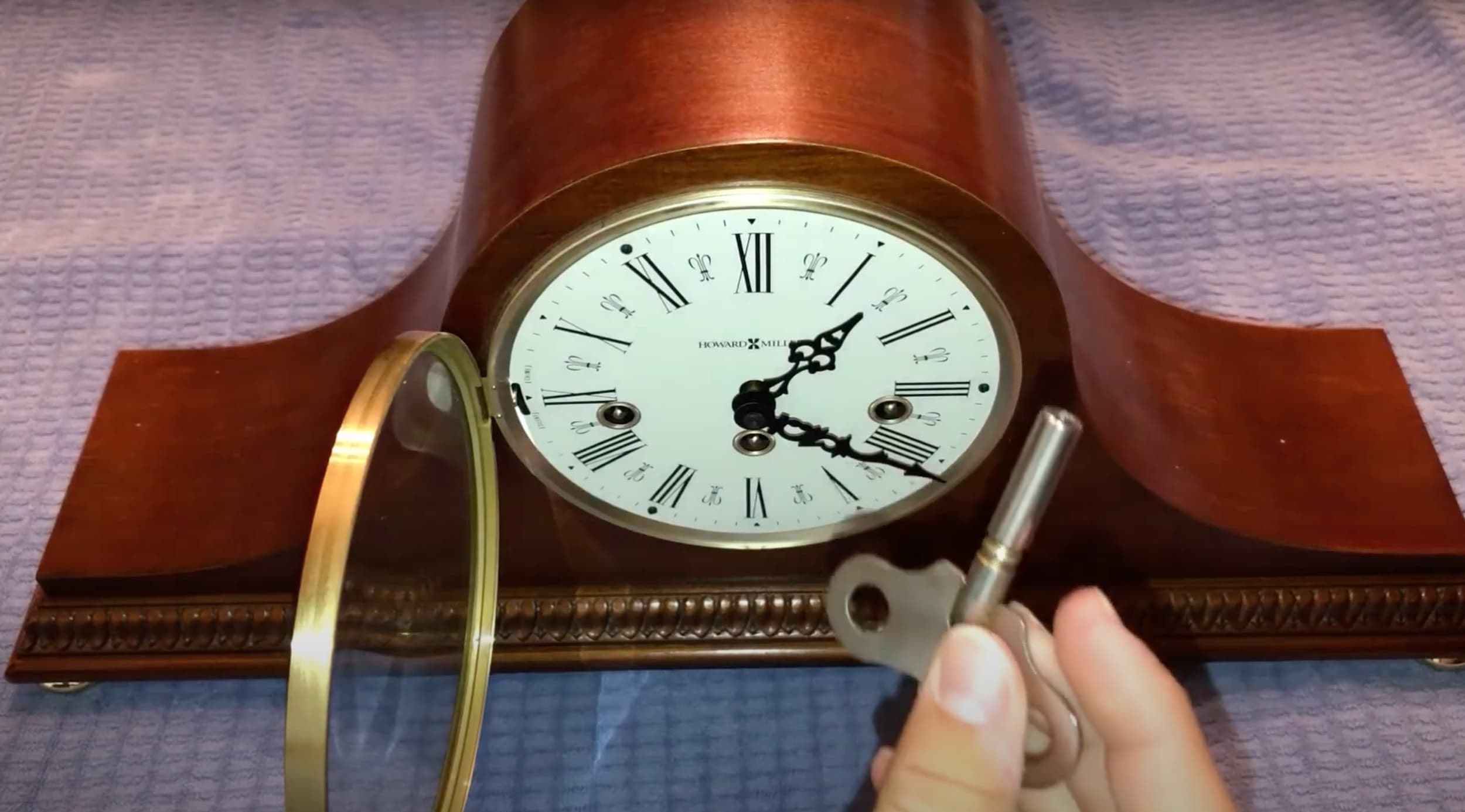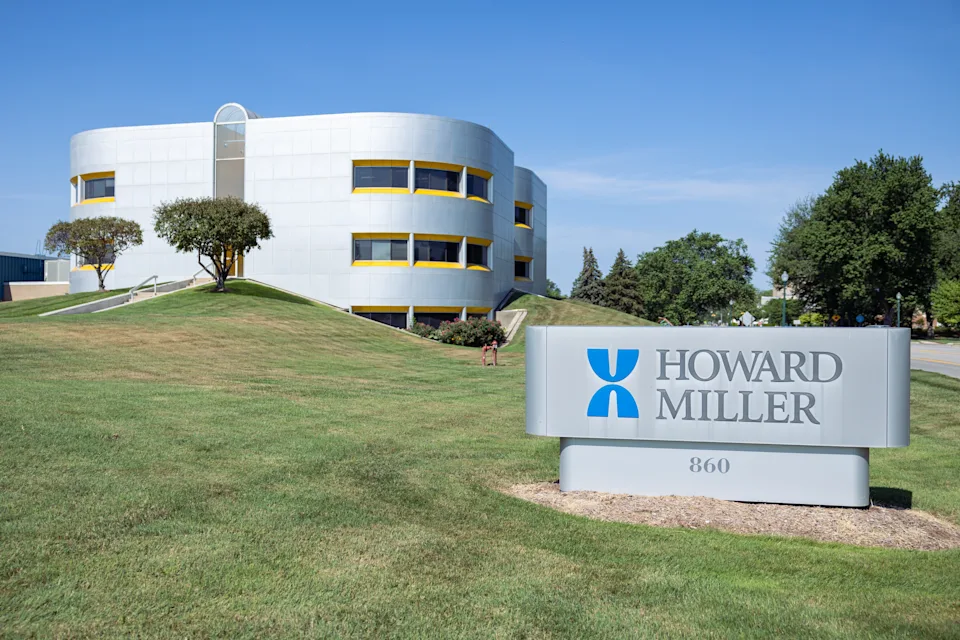

Zeeland, Mich. — July 10, 2025
In a country rediscovering the value of craftsmanship and heirlooms, one of its most storied clockmakers decided to call it quits. The timing couldn’t be worse — or perhaps, for the right buyer, perfect.
The Howard Miller clock factory in Zeeland, Michigan, has been telling America what time it is for nearly 100 years.
Company officials say the business is no longer sustainable. Global competition, rising costs, and waning demand for traditional clocks have made continuing operations “untenable.” The Traverse City location is shuttering too. But as forklifts haul out grandfather clocks and glass-front curio cabinets from the factory floor, it’s hard to shake the feeling that the company is walking away just before the pendulum swings back in its favor.
Because in case no one’s noticed, America is falling in love again — not just with time — but with timeless things.
Across the country, there’s a resurgence of interest in objects that endure. Handmade furniture. Ceramic dishware. Wool blankets. Leather shoes. Fountain pens. Vinyl records. And yes — mechanical watches and analog clocks. Recently a new store opened in Grand Rapids called, Bring Back Analog.
Call it nostalgia. Call it pushback against screens. Call it a longing for permanence in an age of planned obsolescence. But what’s clear is that Americans are starting to seek out the tangible, the meaningful, and the pass-downable.
In fact, one of my most treasured possessions is a Dykstra Glass grandfather clock that my great-grandmother passed down to me. The photo below was taken the day I picked it up from her home—a moment I’ll never forget 2009. This clock isn’t just a piece of furniture; it’s a living heirloom. It still chimes on the hour, still keeps perfect time, and every tick feels like a quiet echo of the generations before me.
.jpg)
There are TikToks about winding your grandfather’s watch. Instagram reels showing how to clean an heirloom mantle clock. Etsy is flooded with upcycled timepieces. Even Gen Z, the most digital generation in history, is romanticizing the old ways — see the rise of film photography, typewriters, and sewing machines.
It’s not clocks. It’s the corporate mindset that views them as low-margin, unscalable relics of a pre-Amazon era.
Howard Miller, once a pioneer in mass American home décor, became too large to pivot and too legacy-bound to reimagine. Over the years, the company expanded into curio cabinets and imported product lines. It moved away from storytelling and toward SKU volume. The brand became a ghost of its own heritage — no longer selling the why, just the what.
But imagine a new steward with vision.
What if Howard Miller was revived — not as a volume importer, but as the Shinola of timekeeping?
The "buy it for life" movement is gaining steam. Substack newsletters like “Consumer Reports: Heirloom Edition” are drawing thousands of subscribers. Reddit’s r/BuyItForLife community has 1.5 million members. Patagonia just launched a craftsmanship guarantee. This is not niche anymore.

Zeeland still has the talent. The facility. The lore. And the bones of a brand that once sat at the intersection of family, faith, and time.
Investors are throwing billions at AI startups, wearable tech, and apps that remind us to unplug. But what if the smarter investment is something that doesn’t need software updates? Timeless clocks.
Yes, clocks are a hard business. But that’s because most clock companies gave up on being meaningful. Howard Miller included.
This is a company with nearly 100 years of heritage, tens of thousands of legacy customers, and a reputation still intact — even if a bit dusty. It could be revived with a team of 20, a Shopify storefront, a warehouse with soul, and a commitment to making one truly beautiful object at a time.
Eric McKee is a lifetime resident of West Michigan. Married with two energetic boys, he spends his days balancing work with dad life. Also, a firm believer that Almond St. Claus Windmill Cookies are the ultimate snack (and maybe a little too good).